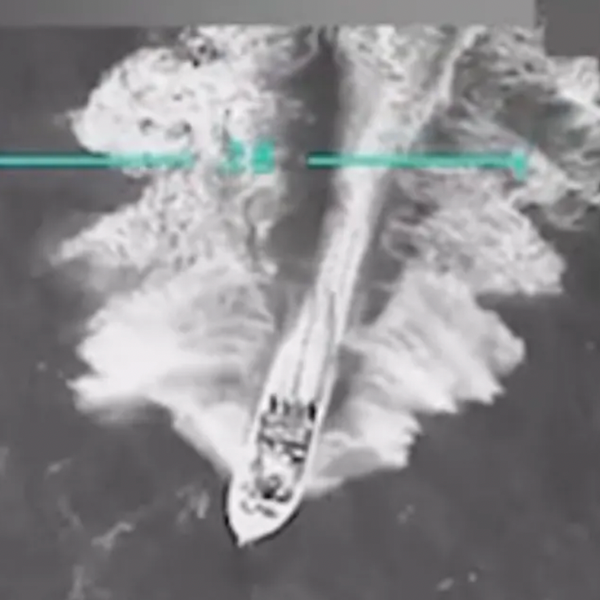Last night's announcement that the US is launching a criminal investigation into the Gulf of Mexico disaster capped off BP's worst day in a torrid six weeks since the Deepwater Horizon rig exploded and sank on 20 April, killing 11 workers.
The firm's shares plummeted by 13% today, wiping PS12bn off the company's value, as financial markets reacted to the news that oil
is likely to continue spewing into the Gulf of Mexico for at least two
more months. It was the worst one-day fall for 18 years for what was
once Britain's most valuable company.
Political pressure is also
mounting from the US, where BP's ongoing failure to stem the leak has
led for calls to Barack Obama to take a more hardline approach, and
some commentators are predicting the oil giant could face an operating
ban in the country.
Robert Reich, the former labour secretary
under Bill Clinton, today called for BP's US operations to be seized by
the government until the leak had been plugged. A group called Seize BP
is planning demonstrations in 50 US cities, calling for the company to
be stripped of its assets.
The stock plunged 15% , or $6.43, to close at $36.52 at the end regular trading on the New York Stock Exchange.
The
criminal investigation announced by the American attorney general was
launched just hours after Obama promised to prosecute any parties found
to have broken the law in the lead up to the disaster. The president
dropped several threatening comments into a 10-minute address from the
White House to mark the start of an independent commission to look into
the causes of explosion.
City experts advised clients to sell
shares following BP's admission over the weekend that the much vaunted
"top kill" attempt to bung up the well had failed.
Dougie
Youngson, oil analyst at Arbuthnot, said: "This situation has now gone
far beyond concerns of BP's chief executive Tony Hayward being fired,
or shareholder dividend payouts being cut - it's got the real smell of
death. This could break BP.
"Given the collapse in the share
price and the potential for it to fall further, we expect that it could
become a takeover target."
BP is the largest oil producer in the
Gulf of Mexico, and its production growth plans for the next decade are
dependent in part on finding new deepwater reserves.
BP said today that its costs from the disaster had risen to $990m (PS675m).
Although
it is impossible to quantify the full financial impact of the disaster,
it seems set to run into the tens of billions of dollars, and the costs
will mount as long as the leak continues.
BP will attempt a
riskier way of stopping the leak this week, but this could result in
the amount of oil increasing and the chances of success appear slim. It
hopes to plug the spill in two months, when the first of two relief
wells are completed, but this operation could be hampered by the
imminent hurricane season.
Today Obama called the oil spill the
"greatest environmental disaster of its kind in our history" and said
"if laws were broken leading to this death and destruction, my solemn
pledge is we will bring these people to justice".
He added that
for years the relationship between the oil companies and their
regulators has been "too cosy" and said "we will take a comprehensive
look at how the oil and gas industry operates".
The justice
department is expected to pursue a dual-track approach in its
investigation of BP and the other main entities involved: Transocean
and Halliburton.
One track will explore whether the company broke
rules in the days and months before the explosion, and the other will
look at whether it contravened any environmental laws.
So far the
Obama administration has moved cautiously on the legal side of the oil
disaster, aware of the awkwardness of issuing criminal proceedings
against a company upon which the federal government continues to remain
deeply dependent for the shutting off of the stricken well and the
clean-up operation. But as political pressure has mounted, and Obama
himself coming under fire for being insufficiently aggressive, the
administration has shown renewed willingness to take on BP.
The
US Department of Justice will look for violations of the Clean Water
Act, the Endangered Species Act, the Migratory Bird Treaty Act and the
Oil Pollution Act of 1990. Holder said that "nothing is off the table
at this point" with regard to the range of charges prosecutors could
pursue, including traditional criminal charges if they find false
statements were made.
"As our review expands, we will be
meticulous, we will be comprehensive, and we will be aggressive,"
Holder told reporters. "We will not rest until justice is done."
However, he did acknowledge that the government's first priority was to stop the gushing well and clean up the oil.
As
for BP, it has taken steps to beef up its PR operation, in an attempt
to limit the damage to its reputation. The company has recruited as
head of the firm's US media relations Anne Womack-Kolton, the former
press secretary to Dick Cheney.


